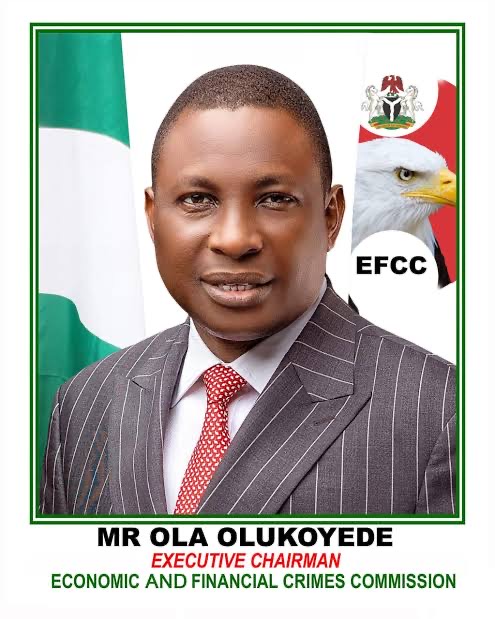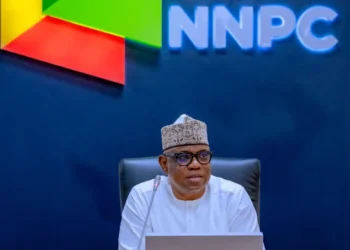A Federal High Court in Abuja, on Wednesday, ruled against a lawsuit seeking the removal of Mr. Ola Olukoyede from his position as the chairman of the Economic and Financial Crimes Commission (EFCC).
Justice Obiora Egwuatu, in his verdict, rejected the lawsuit on the basis that the petitioner lacked the legal standing to bring the case forward.
The News Agency of Nigeria (NAN) reported that a legal practitioner based in Abuja, Mr. Victor Opatola, had filed a lawsuit against President Bola Tinubu regarding the appointment of Olukoyede as the EFCC chair.
Opatola, in his legal action, contested the legitimacy of the appointment on the grounds that Olukoyede did not meet the statutory years of service required for the position of EFCC chairman.

The lawsuit was filed against the President of Nigeria, the National Assembly, the Attorney-General of the Federation (AGF), and Olukoyede as the 1st to 4th respondents, under the case number: HC/ABJ/CS/1403/2023.
However, the defendants petitioned the court to dismiss the lawsuit for lacking in substance.
Olukoyede, represented by Olumide Fusika, SAN, during the last hearing, disputed the legal standing of the plaintiff to bring the lawsuit in the first place.

Furthermore, Olukoyede contended that he is suitably qualified to hold the position of EFCC Chairman, having previously served as the commission’s secretary, a role at Grade Level 17, which is higher than the rank of an Assistant Commissioner of Police, a position at Grade Level 14.
Consequently, he urged the court to dismiss the lawsuit.
Opatola had, among other things, posed the following questions for resolution: whether, based on a proper reading and interpretation of Section 2 (1) (a) of the EFCC Act 2004, Olukoyede, who has not met the Act’s requirements, can be validly appointed as EFCC chairman.
He also sought the court’s determination on whether, based on a proper reading and interpretation of Section 2(1)(a) of the EFCC Act 2004, the individual appointed to the position of the EFCC chairman can be considered to hold a higher rank than an assistant commissioner of police or its equivalent.



































